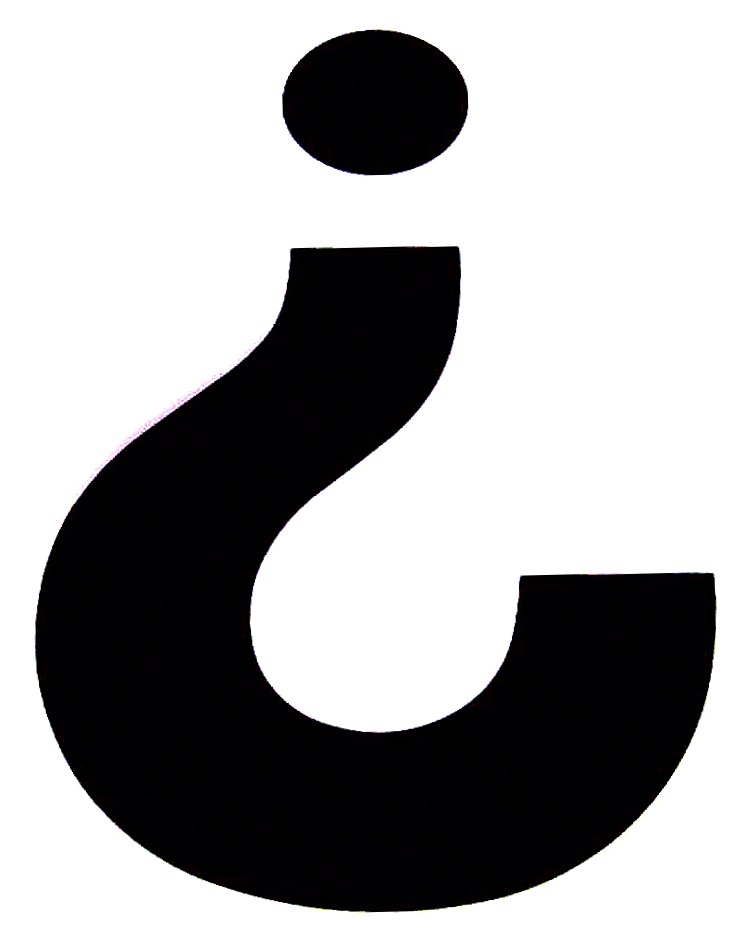Graham Greene protested throughout his life at being called "a Catholic novelist." However, Catholicism is extremely prevalent in his books as he explores moral and ethical issues. Greene also suffered from bipolar disorder, and is quoted as saying, "unfortunately, the disease is also in one's material." The End of the Affair, number 532 on the list and published in 1951, contains evidence of both religious thought and mental instability. (Interestingly, though, Greene dedicated the book "to C" in the British edition and "to Catherine" in the American edition. This woman is Lady Catherine Walston, with whom Greene carried on a lengthy affair and based the character of Sarah on. Perhaps his own Catholicism wavered at times.)
Sixty pages in, Maurice Bendrix seems to be the sort of man that is extremely difficult to get along with. He has no self-esteem and depends heavily on what others think of him. He is living in the past, in an affair that ended years ago. He has no focus in his life and is just drifting from novel to novel, trying to find direction. One day, he encounters Henry Miles, the husband of Sarah, whom he had an affair with some time ago. Henry is distraught over Sarah's unusual behavior and is suspicious that she might be having an affair. Henry asks Bendrix to go to a private investigator on his behalf, but retracts the request soon after and rushes out of the restaurant where the two are meeting. Bendrix, however, ignores the retraction and finds himself in the office of a private investigator. He begins taking reports from Parkis, a detective.
When Bendrix finally tells Henry what he has done, Henry realizes that Bendrix was once Sarah's lover. In the edition of the book that I have, this event occurs on page 67, and I'm sad to say that this is as far as I got. I never saw the Catholicism that both Sharon and Wikipedia tell me are present within the book. I did not got to the point in the book where the reader begins to sympathize with Sarah. At the point at which I stopped, Parkis was nothing more than a minor character encountered in passing.
However, I do not believe my failure is a reflection of the book's content or writing style. Rather, it's a reflection on our ignorance when choosing this book: asking Ellie to pick a random number between 1 and 1001 and then automatically agreeing to read that book might not be the best way to go. I'll admit that I was eager to read the book only because Ralph Fiennes' name is clearly on the front cover, and Jason Isaacs' is on the back. After reading the part of the book that I did, though, I have very little interest in seeing the movie.
I've chosen March's book because it sounds interesting, and hopefully I will be able to finish it by the end of the month. And maybe someday, after I've experienced heartbreak and learned to care what William Faulkner (he says The End of the Affair is "for [him] one of the most true and moving novels of [his] time, in anybody's language") thinks, I will return to Greene's novel, and finish it.
Here's to better luck in March.
The End of the Affair by Graham Greene
Posted by Natasha at 2/28/2010
Labels: Graham Greene, Natasha, The End of the Affair
Subscribe to:
Post Comments (Atom)
Sharon's Read
- A Tale of Two Cities by Charles Dickens (#883)
- Animal Farm by George Orwell (#564)
- Candide by Voltaire (#970)
- Gone with the Wind by Margaret Mitchell (#619)
- Invisible Cities by Italo Calvino (#350)
- Lolita by Vladimir Nabokov (#494)
- Lord of the Flies by William Golding (#508)
- Of Mice and Men by John Steinbeck (#608)
- Rebecca by Daphne du Maurier (#603)
- Siddhartha by Herman Hesse (#717)
- Tess of the d'Urbervilles by Thomas Hardy (#808)
- The Catcher in the Rye by JD Salinger (#529)
- The End of the Affair by Graham Greene (#532)
- The Great Gatsby by F. Scott Fitzgerald (#699)
- The Hours by Michael Cunningham (#87)
- The Jungle by Upton Sinlclair (#767)
- The Scarlet Letter by Nathaniel Hawthorne (#897)
- To Kill A Mockingbird by Harper Lee (#456)
- Uncle Tom's Cabin by Harriet Beecher Stowe (#893)

0 comments:
Post a Comment